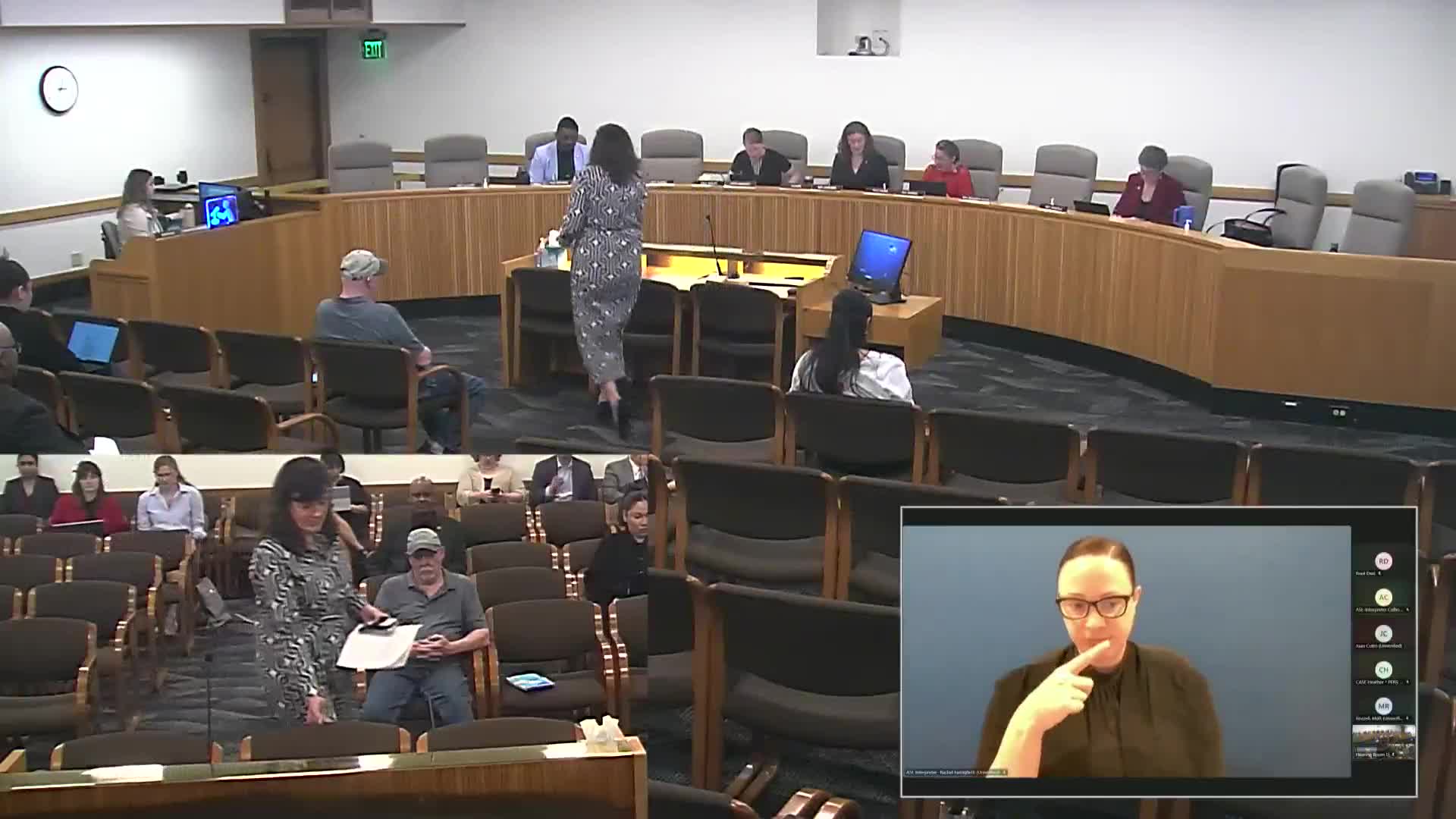Article not found
This article is no longer available. But don't worry—we've gathered other articles that discuss the same topic.
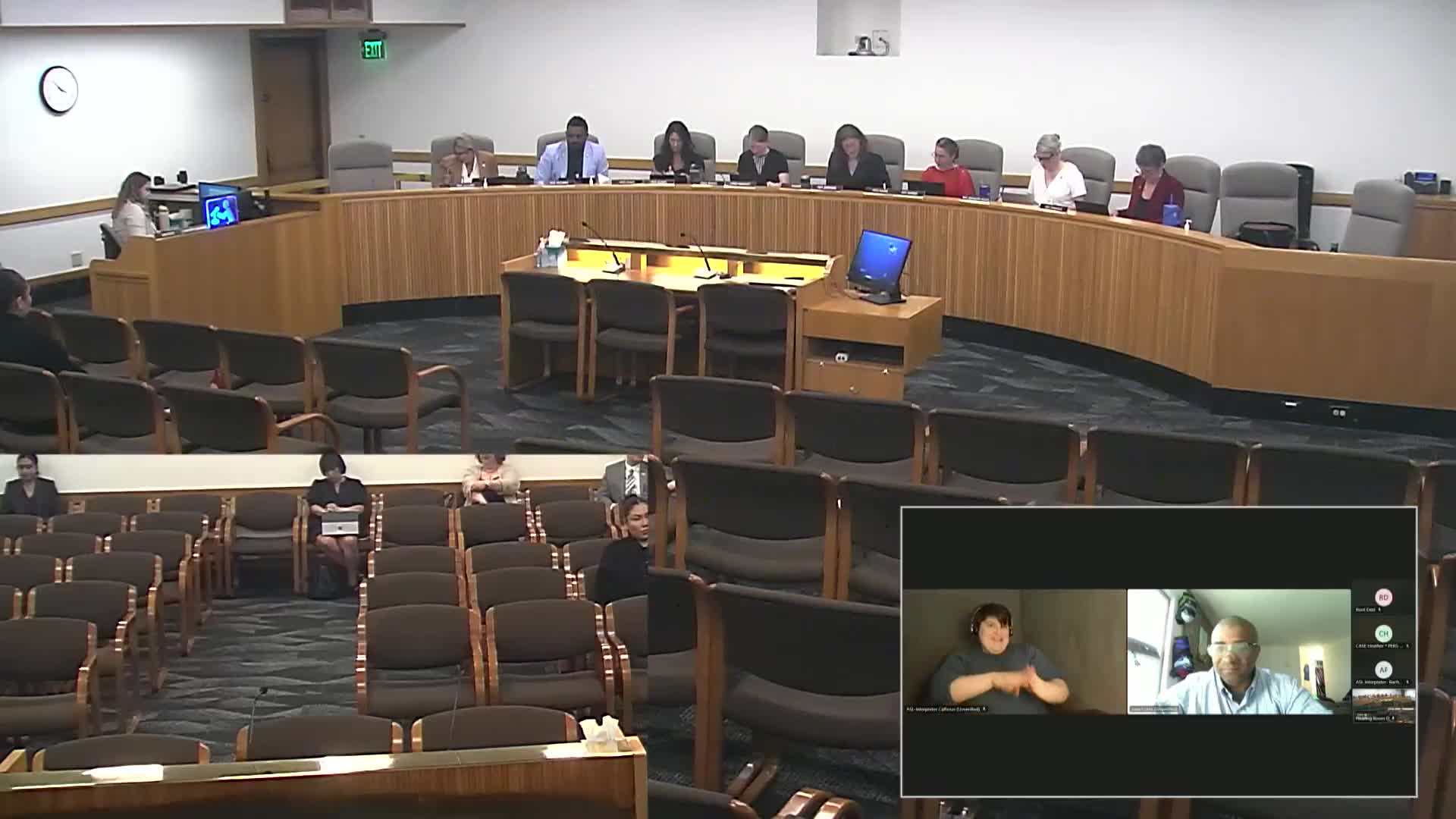
Committee advances four bills in work sessions, voting to send each to the floor with a due-pass recommendation
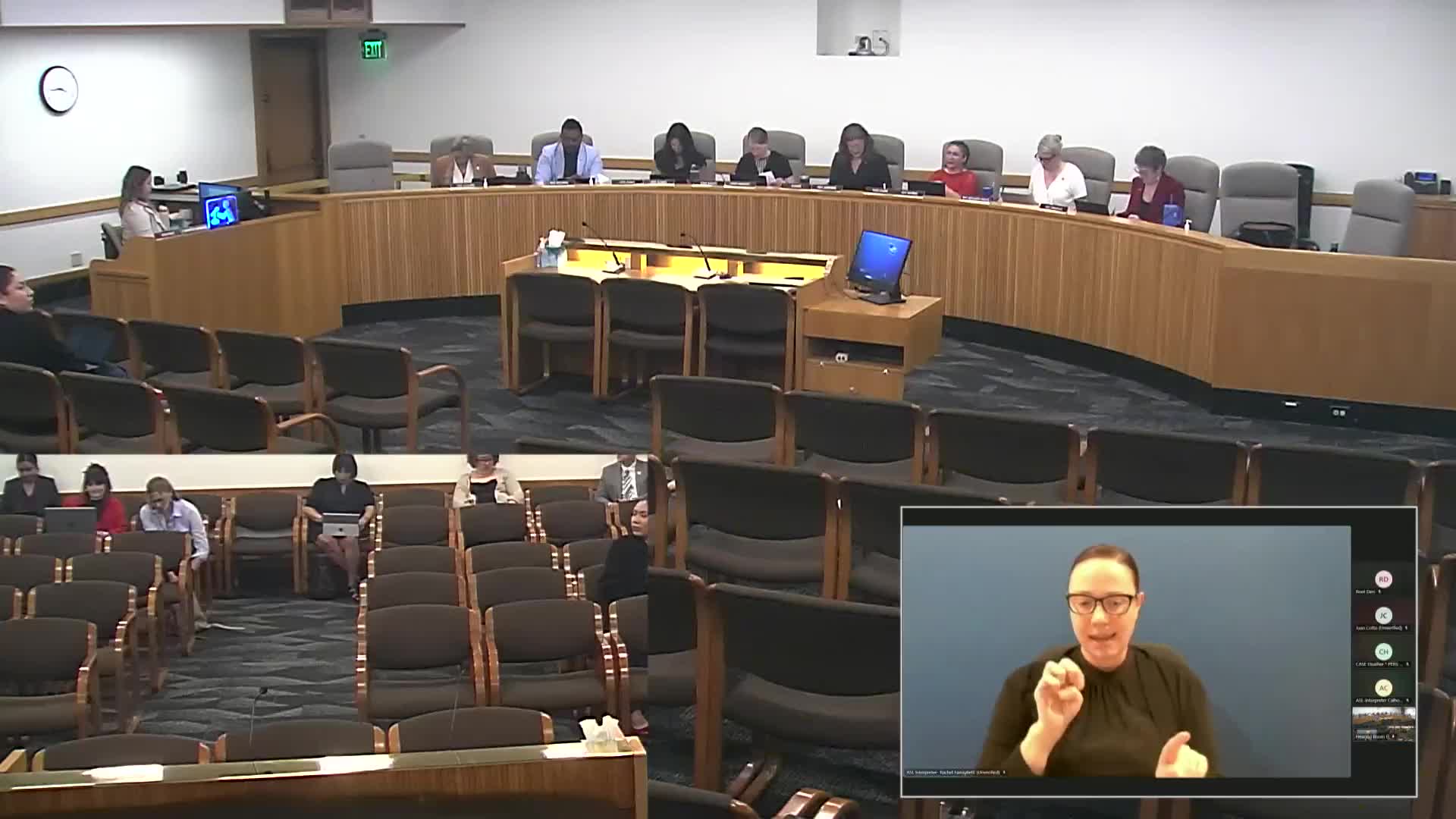
Bill would allow use of sick leave for blood donation; advocates say it removes a common barrier
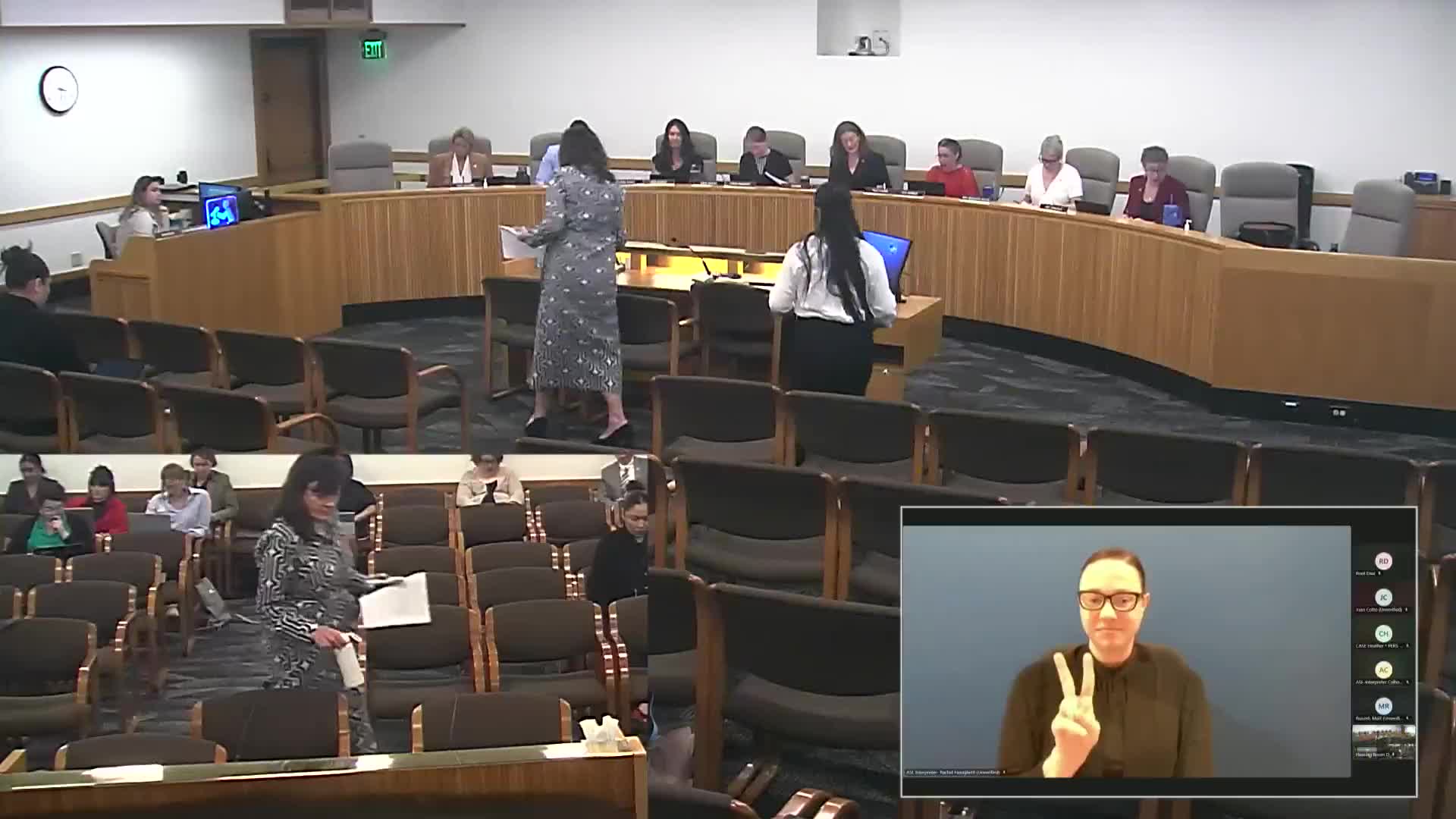
Bill would bar insurers from forcing workers to exhaust Paid Leave Oregon before short-term disability
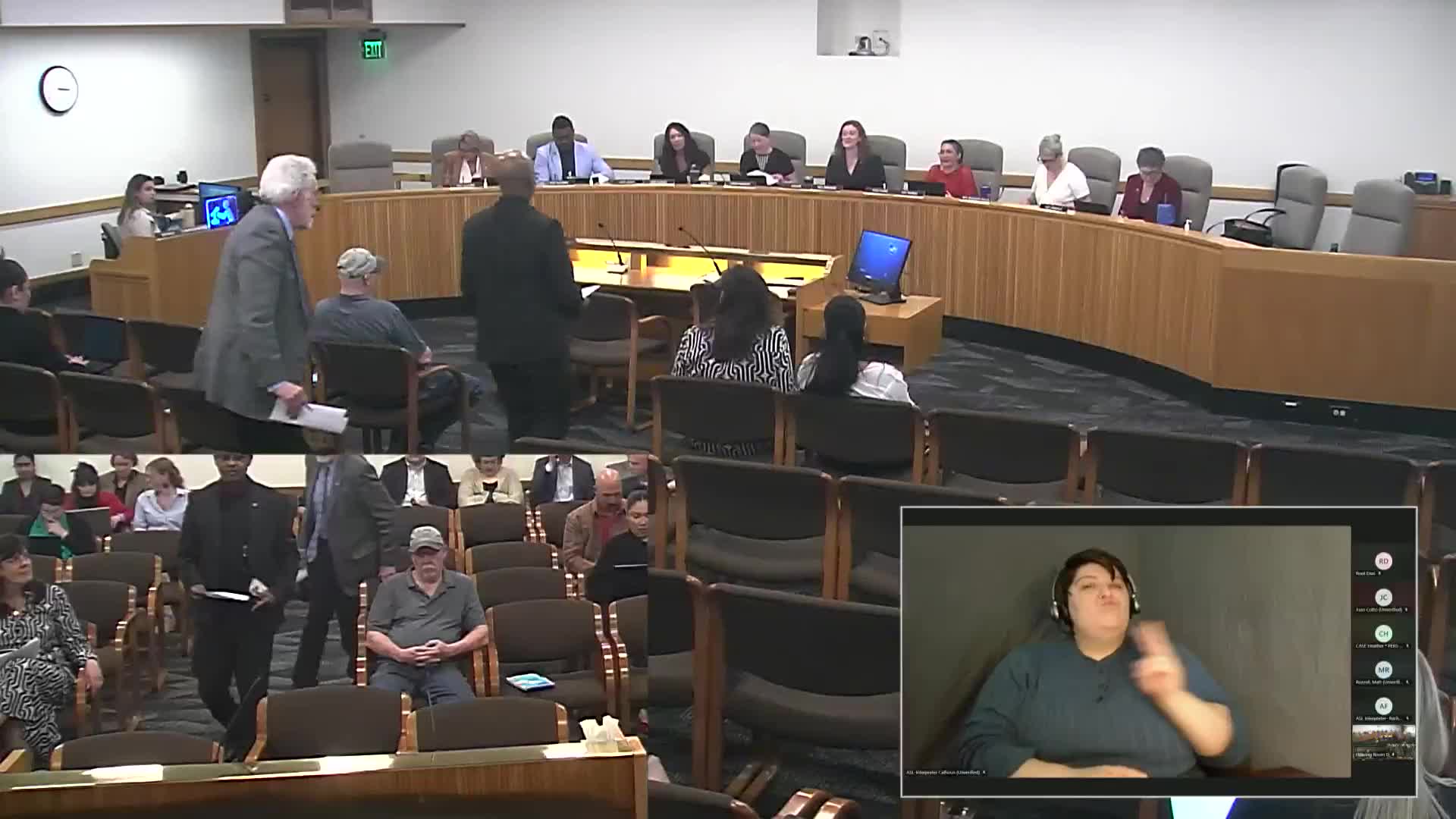
Bill would create apprenticeship pathway for building inspectors to address workforce shortage
